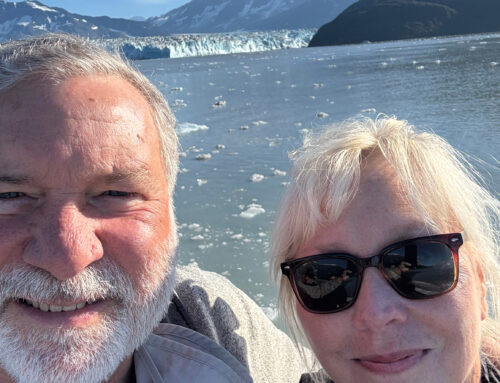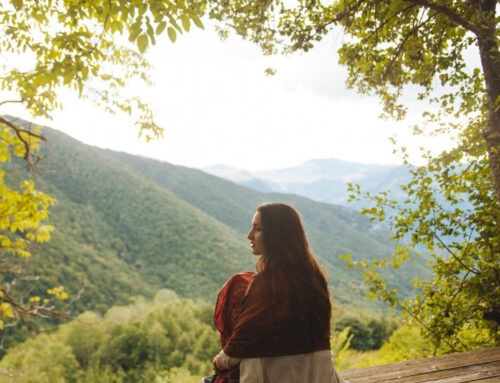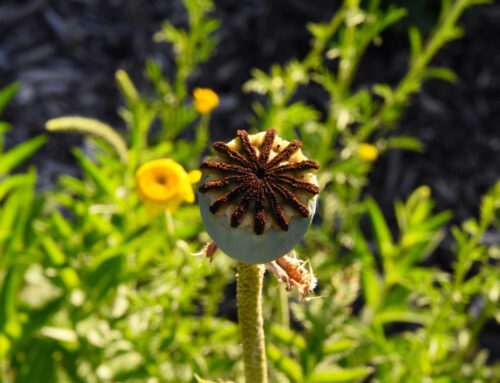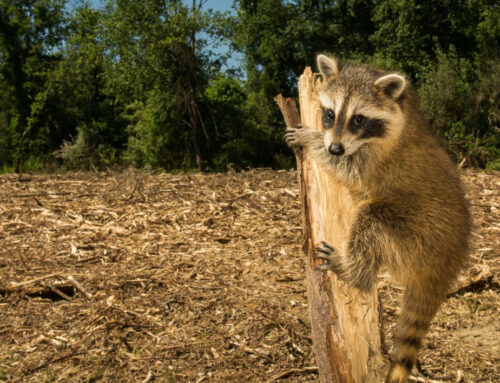Last week I was at a local nursery buying flowers and shrubs for a landscaping project I was working on. The garden needed to be low maintenance and the overall design needed to reflect celebration and fragrance, with smaller sitting areas dedicated to peaceful self-reflection. For this particular backyard, I relied heavily on hardy perennials such as Shasta daisies, daylilies, hostas, hardy roses, liatris, oriental lilies, a few different cultivars/colors of coneflowers and bee balm, with annual and virtually indestructible petunias rounding out the mix. I planned to place two garden benches which Marty made from reclaimed wood pallets in the corners of the garden, and for the finishing touch, I wanted to position a small solar fountain at the garden’s center. My mood was jubilant, as it most often is when I am surrounded by flowers and nature, but quickly darkened once I reached the check out. As I handed the check-out attendant my credit card, the clerk, a young male who looked no older than twenty, asked me, “Excuse me ma’am, did your husband give you permission to buy all these plants?”
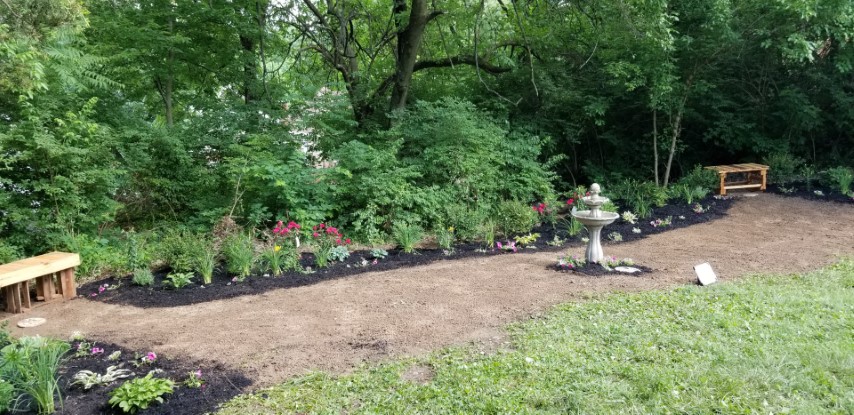
I heard a gasp from the woman standing behind me, but before I could answer, the clerk followed with, “I mean, did he say it was okay for you to spend all this cash on something like garden plants? Don’t you think this is a stupid waste of money?”
In what seemed like years but was only seconds, my mind raced with pithy comebacks and imaginary responses. I thought about saying something cheeky like:
- I don’t have a husband because I’m gay and I live in a lesbian commune.
Or, - I could choose not to respond to his ignorant questions, especially considering he worked in a nursery.
Or, - I could simply hang his genitals from a tree.
However, after taking a deep breath, I chose a fourth response. I calmly told the clerk I was a professional landscaper working on a backyard project. Then, I asked to speak with his manager.
But what I really wanted to say to him was this:
- The project I was working on was for a street ministry organization who provide housing for women in crisis/former sex workers who are trying to make a new life for themselves.
- I was not being paid for this project – I was volunteering all my time and resources, and along with my husband and a small group of volunteers, we were working on this project after work and on weekends.
- I had an earned Ph.D., my area of clinical practice and research was in personal and community well-being, and that ongoing data supports the need for frequent human: nature interaction for positive mental and physical health.
- I chose each plant carefully and specifically after assessing the design site AND after speaking with the women who lived at the facility. I wanted to get to know them. I wanted to hear their stories, their needs, and their expectations. I wanted to create a safe and peaceful environment which would further support their healing.
- So, no, I did not think creating a garden for these women (or anyone for any reason) was a stupid waste of money.
- I did not owe the clerk any further explanation.
But to be honest, I still really liked the idea of hanging his genitals from a tree.
I can’t say I was shocked by the clerk’s statements. However, I was disappointed. The experience reminded me that women – and society – still have a long way to go. I was also reminded of my personal strengths, and perhaps, weaknesses. In order to live a wholehearted life, one must learn to cultivate self-trust, confidence, and authenticity. We need to find the courage to be honest and true to ourselves, even if being authentic means we may not “fit into” societal norms or comfort zones all the time. We need to set personal boundaries, those proverbial lines in the sand which delineate the acceptable from the unacceptable. And we need to trust ourselves and have the confidence to stand firm in our convictions with calm and steady voices and actions.
Like all people, I am a work in progress. Some days I feel strong and confident. Other days, not so much. I’ve come to understand that we must all be gardeners. Each of us must tend to our own personal inner gardens – to learn, to strengthen, and to grow – so we can become the person we desire to be.
How do you tend to your personal inner gardens?


